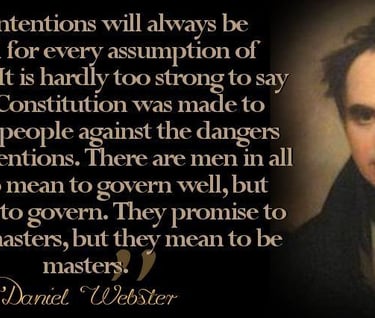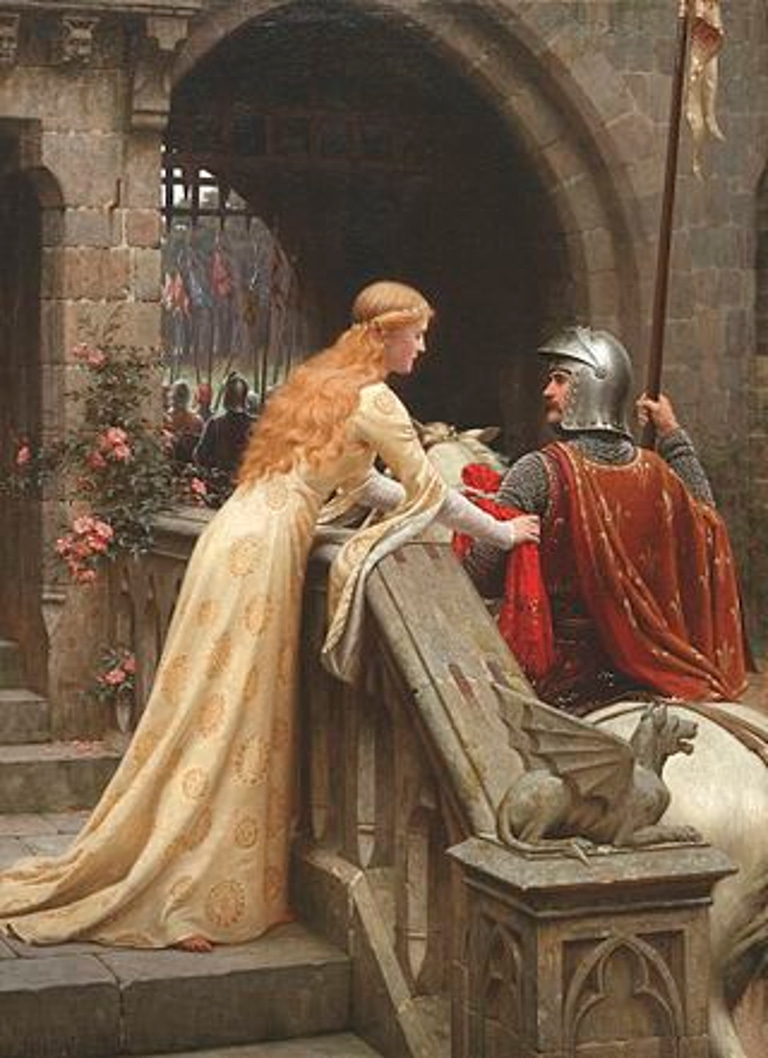Courage
The Purpose of Civil Government and the Social Contract
Self Governance
12/24/20234 min read


The purpose of Government and Interposition
by Michael Peroutka
[An American view applicable to Canada]
The purpose of municipal civil government is to ensure local values and local control.
An assembly is a voluntary association of a free people and in times of need a committee is formed. The committee is an investigative body called a delegation. A committee or commission is a body of one or more persons subordinate to an assembly. A committee is not itself considered to be a form of assembly. Usually, the assembly sends matters into a committee as a way to explore them more fully than would be possible if the assembly itself were considering them. Committees may have different functions and their types of work differ depending on the type of the organization and its needs.
The social contract(s) both public and private, and their governing document(s) are The Constitution of Canada, The Canadian Bill of Rights 1960, and The Canadian Charter of Rights and Freedoms.
Canada is based on a colonial structure and operates as a constitutional democracy.
In a constitutional democracy, any constitution will take basic characteristics.
The constitution can either be written (constitutional document) or unwritten (through custom or common-law).
Whereas [in fact] the Constitution of Canada is the supreme law of Canada, and any law that is inconsistent with the provisions of the Constitution is, to the extent of the inconsistency, of no force or effect.
Whereas Canada is founded upon principles that recognize the supremacy of God and the rule of law.
And Whereas at its most basic level, the rule of law vouchsafes to the citizens and residents of Powell River a stable, predictable, and ordered society in which to conduct their affairs and it provides a shield for individuals from arbitrary state action.
The Constitution of Canada is not an instrument for the government to restrain the people, it is an instrument for the people to restrain the government.
The Constitution is the law that governs those who govern us.
The Public and Private Law, the Rules of Law, and the Legal Order governs:
Public Actors who are ½ half of the social contract:
Governments and the people under its control, who operate under presumption, assumption, and force.
These people have duties, obligations, and responsibilities not to harm the people of their community by taking the law into their own hands.
AND
Private Actors who are the other ½ half of the social contract being;
All businesses, incorporate or unincorporate and the people under its control, who also have duties, obligations, and responsibilities not to harm the people of their community by taking the law into their own hands.
AND
We The People who have guaranteed rights and remedies against those who abuse us and cause us harm, injury, or loss.
The Doctrine of the Lesser Magistrate
The Lesser Magistrate’s function and duty is to interpose against tyranny and oppression and act as a buffer between unjust law and the people.
The People of our communities are continually harassed and bound by fictitious language, perpetrated by public and private actors and the people under their control.
We the People do not accept this behavior in our community.
Citizens are not bound to hold unlimited obedience to civil government actors or to any private actors.
We the People delegate all authority. This is the doctrine of the lesser magistrate.
We the People can and should appeal to the lesser magistrates by saying: We call upon the captains of the guard [judges, police, military, pastors, and others willing to stand] to restore order and depose the wicked tyrants [pm, premier, mla, mayor, council, school board, private actors, and the people under their control].
Law
When law and morality contradict each other, the citizen has the cruel alternative of either losing his moral sense or losing respect for the law.
The law has placed the collective force at the disposal of the unscrupulous who wish, without risk, to exploit the person, liberty, and property of others. It has converted plunder into a right, defense into a crime, in order to punish lawful defense. - Frederic Bastiat
Depository
I know no safe depository of the ultimate powers of the society but the people themselves; and if we think them not enlightened enough to exercise their control with a wholesome discretion, the remedy is not to take it from them, but to inform their discretion by education. This is the true corrective of abuses of constitutional power.
Let each citizen remember at the moment he is offering his vote that he is not making a present or a compliment to please an individual, but that he is executing one of the most solemn trusts in human society for which he is accountable to God and his country. - Thomas Jefferson
Liberty
The liberties of a people never were, nor ever will be secure, when the transactions of their rulers may be concealed from them. - Patrick Henry
Coronation Oath
To the early history of the coronation oath, it would be difficult to add, unless, which seems unlikely, some altogether fresh documents are discovered.
In any case, the course of history is plain.
The king bound himself by a threefold promise.
1. To preserve peace and protect the church.
2. To maintain good laws and abolish bad.
3. To dispense justice to all.
This oath had been taken by English kings from the tenth century.
It was taken by William the Conqueror and by his successors.
Henry I and Henry II all issued coronation charters.
Neither Richard I nor John did so, but Henry III went back to the practice that had been followed by his grandfather, and the great charter as it was reissued in 1216, was in effect, a Coronation Charter.

